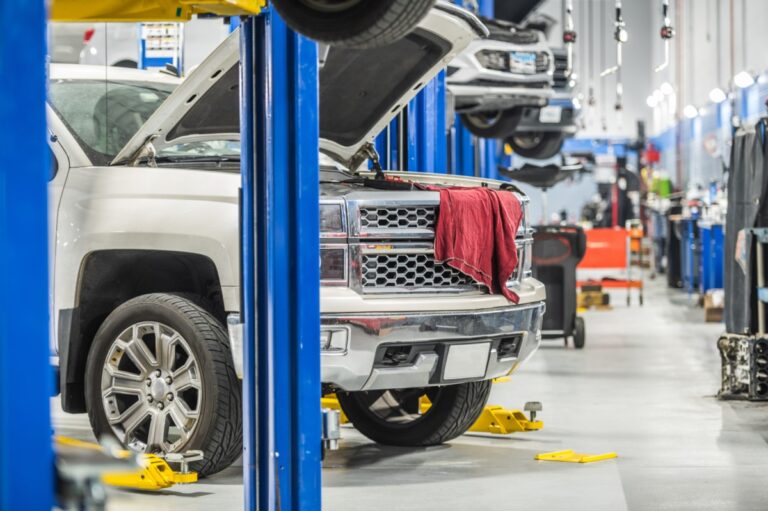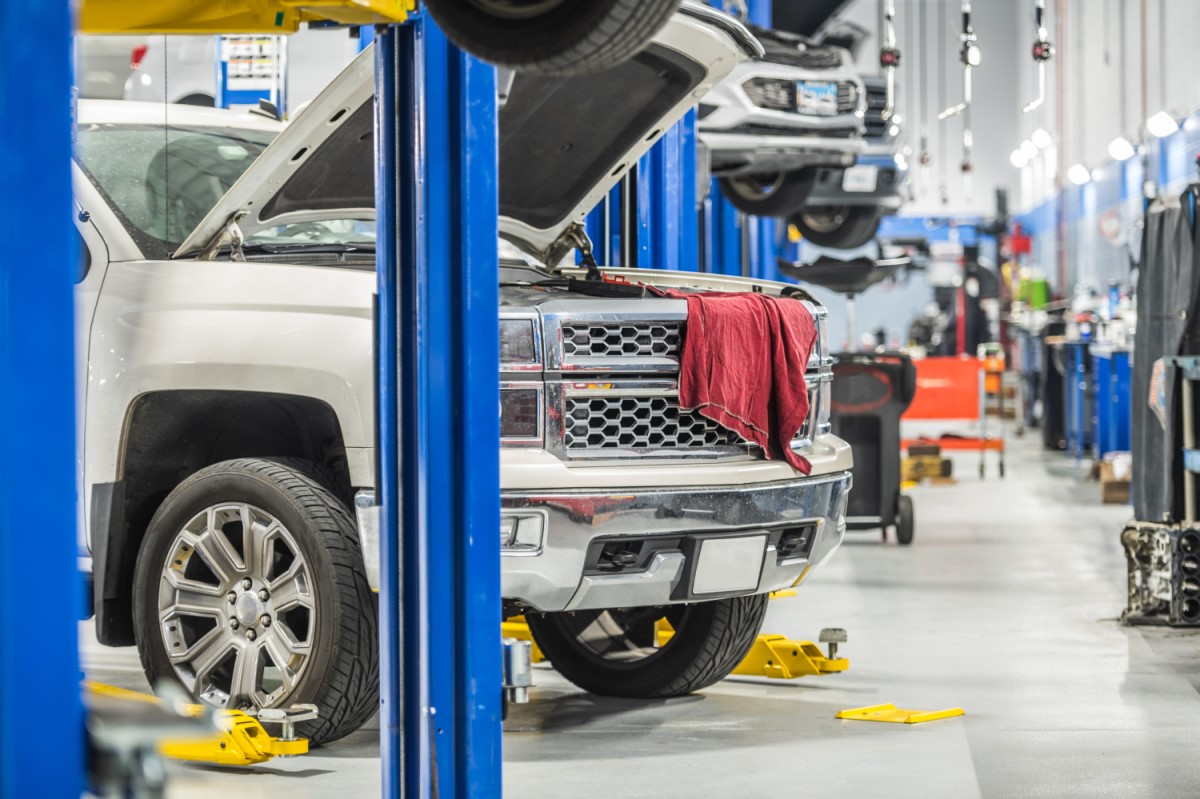If your car needs service, you want confidence that the mechanic fixing it knows what he’s doing.
When you take your car in for repairs, you want to make sure the technician doing the work not only knows what he’s doing but has the proper training to deal with unexpected problems.
Ideally, what you’re looking for is a licensed mechanic, someone who has the education and hands-on experience to be certified by the state.
Often, the costs of a professional will be much higher than those of a cut-rate company or sole proprietor, leaving many car owners wondering, “Is a license really required?”
Are licenses necessary?
In a word, yes. Rules vary from state to state, but with the exception of a few outliers such as Texas, auto mechanics are required to carry not one but several licenses to operate.
First, they’ll need a professional license of some kind. This typically comes from a trade school or polytechnic university and includes both classroom learning and on-the-job training in the form of an apprenticeship.
Often, thousands of hours spent under the car hoods are required before any techs can call themselves a licensed professional.
In addition, many states require mechanics to obtain a state business license specifically to run a repair shop.
Counties and municipalities, meanwhile, often mandate that auto repair pros own local repair permits along with HAZMAT permits for handling waste such as oil, gasoline or transmission fluid.
Finally, a city business license is almost always required for a shop to operate legally.
In short, beware the mechanic who tells you he or she doesn’t need a license for his work.
Finding a licensed mechanic
Your vehicle’s dealership is a good place to start searching for a licensed pro. Any brand-name dealer should have all the proper permits and should employ a mix of master technicians and apprentices.
Always ask, however, before you take your car in for service.
The dealership staff should be able to tell you the basics of their brand’s training program, in addition to displaying mechanics’ licenses prominently in their service bay.
It’s also possible to find independent shops in your area that are licensed to repair cars. Here, there’s a greater onus on you to discover what kind of reputation the business has and if their license is actually current.
Some unscrupulous companies will apply for a license their first year of operation but never renew it or hire mechanics with little to no formal training and hide them behind a valid business license.
You’re best served by checking out local review sites to find out which repair shops are honest and which aren’t above board.

Risks of bad repairs
If the work you’re getting done is happening in someone’s home garage or if the price is half what a dealership would charge, chances are you’re dealing with an unlicensed mechanic.
If all you’re having done is minor service, like an oil change or tire rotation, you may make the argument that the cheaper cost and slight risk is worth the gain.
The problem? Work from an unlicensed technician can void the warranty on parts (tires or after-market shock absorbers, for example) and may even void the warranty on your vehicle.
In particular, if major damage to your engine can be traced to work performed by an unlicensed tech, your dealership may refuse to honor your warranty. You might be able to have it reinstated after a court proceeding, but this is a time-consuming and expensive process.
Safety is also an issue with poor workmanship.
Mechanics who don’t have proper training cut corners, and that puts you at risk on the road. For example : an improperly tightened tire could come loose from your vehicle, posing a huge threat at highway speeds, while an oil reservoir drained by not refilled could cause your engine to seize.
The licensed professional is worth his weight in oil, and in most states multiple licenses are required to run a shop. If you’re hiring a mechanic to work on your car, always make sure he or she has current certifications and the experience to back up the price.
For more tips like these, read our car repair blog.









